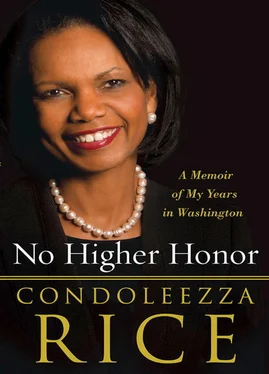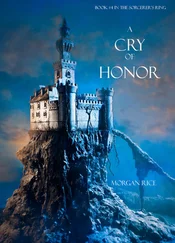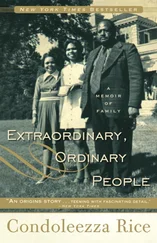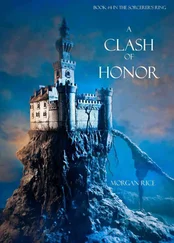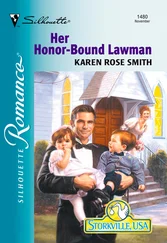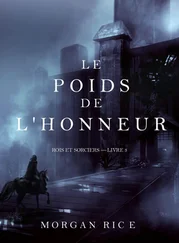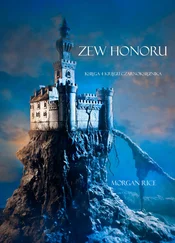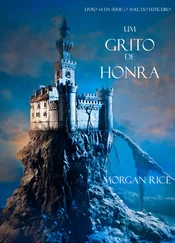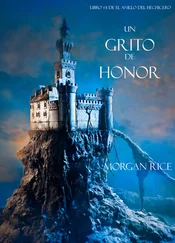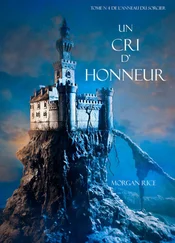Early in March 1999, Karl Rove, the governor’s political advisor, called to ask if I’d come down to Austin and speak with the governor about the upcoming campaign. “Will you book a hotel room for me?” I asked.
“You won’t need a hotel,” he replied. “The governor wants you to stay at the residence.” It was a signal that he expected me to support his campaign, which was quickly becoming a serious endeavor. A few weeks later, when my picture appeared on the front page of the New York Times as a member of the “exploratory committee” dedicated to electing George W. Bush President of the United States, I was momentarily stunned by the sudden exposure but committed to the cause.
My father was the first person I called after the governor asked me to join his campaign. John Wesley Rice, Jr., loved politics. He watched news shows, particularly C-SPAN, for hours at a time, and had been a loyal Republican ever since a clerk affiliated with the Grand Old Party had helped him register to vote in segregated Alabama. My father could barely contain his excitement.
The campaign itself proved professionally fulfilling, but early on I realized that it would require my full-time focus. For six years I had been the provost—the chief operating officer—of Stanford University. I was ready to step down independent of the chance to join the Bush campaign. Foreign policy would be the governor’s Achilles’ heel against more seasoned candidates in the primaries and eventually in the general election. I knew that George W. Bush would look to me to help answer the inevitable questions about his readiness to assume the mantle of commander in chief.
Throughout 1999 I worked to assemble a small group of foreign policy specialists to develop policy for the governor. My first call was to Paul Wolfowitz, who had been ambassador to Indonesia under President Ronald Reagan and under secretary for policy in the Pentagon during George H. W. Bush’s administration. Paul was a cerebral, almost otherworldly intellectual. He’d done his undergraduate work at Cornell and gone on to complete a PhD in the intense academic environment of the University of Chicago. Though Paul had already had a distinguished public policy career, he was really most comfortable debating ideas. We’d been friends since the 1980s, and when I asked him to join me as cochair of the foreign policy group, he readily did so.
Richard Armitage and Stephen Hadley had also been in the first Bush administration. Rich was a muscular, stout former naval officer who had served in Vietnam and specialized in Asian affairs. Many people believed that the Rambo character had been based on Rich. Yet, there was another side to him: he and his wife had adopted numerous special-needs kids. He was Colin Powell’s best friend, a fact that would later lead to considerable conflict within the administration.
Steve was a quiet, Yale-trained lawyer from Cleveland, Ohio, who at the time wore horn-rimmed glasses. He was smart and methodical, and when there was real work to be produced for the campaign (rather than just things to be said and debated), we all looked to Steve to write the first draft of the paper. He did so selflessly and effectively.
Robert Zoellick, Robert Blackwill, and I had worked closely together during the extraordinary days of 1989–1991 at the end of the Cold War. They were among the best policy engineers I had ever known, capable of conceiving of a solution and then actually implementing it. Zoellick had been Secretary of State James Baker’s closest aide at the State Department and the architect of many important initiatives concerning Central America and Europe. He had led the three-member U.S. delegation to the talks on German unification on which I had been the White House representative.
Bob Blackwill had been my boss for a while at the NSC the first time around as special assistant for European and Soviet affairs. He’d held numerous high-level positions. He was from Kansas, with very traditional values and a wicked sense of humor. But he could be abrasive and impatient, and he made enemies. Some thought that Bob would be high maintenance, but he would be valuable to the governor, and we were good enough friends to speak honestly about any problems that might arise.
I asked Richard Perle to join the group to represent the right wing of the Republican foreign policy establishment. Perle had been the bane of the party’s foreign policy traditionalists such as Brent Scowcroft and Henry Kissinger. He had a well-deserved reputation for ruthlessness too. But Governor Bush needed all elements of the party united behind him, and the group that I assembled was broadly representative enough to demonstrate his commitment to a foreign policy big tent. Dov Zakheim, who did most of the work supporting our Pentagon reform plans, rounded out the group. And we were able, too, to draw on the regional expertise of others such as Jendayi Frazer, who developed our Africa policy.
In general, we got along well. My job was to organize the group and to deal with the personalities and egos—to keep everyone on board so that we could concentrate on the governor’s campaign, not ourselves. If there was any resentment of my role (I had been the most junior of those who had served together in George H. W. Bush’s administration), I couldn’t tell. In any case, they all knew that I was the one who was closest to the governor. I was the point of access. We worked smoothly and with little drama, just getting the job done in standing Sunday-night phone calls to coordinate requests, policy positions, and responses for Governor Bush.
Just for fun we decided to adopt a nickname and called ourselves the Vulcans, after the Roman God and symbol of my home city of Birmingham, Alabama. The name meant nothing more than that, but many a conspiracy theorist tried to divine some deeper significance.
The work in the campaign was proceeding well. I made frequent visits to Austin to brief the candidate, developed policy papers on a half-dozen major initiatives, and helped write a couple of major speeches. I also began doing press appearances on behalf of candidate Bush. The question was always the same: “What makes you think that the one-term governor of Texas is ready to be President of the United States?”
My first televised interview was on Chris Matthews’s Hardball in June. Chris was a relentlessly challenging interviewer who rarely gave a guest time to really answer a question. Asked at one point whether George W. Bush’s being in the Oval Office would be “on-the-job training,” I pointed out that my candidate was already dealing with considerable complexity as governor of Texas. Texas is a big, complicated state, and the person running it has to be able to ask the right questions, digest information, stick to principles, and make decisions. The Texas governor has to be tough.
Chris, sensing that I was contrasting George W. Bush’s readiness with that of Bill Clinton when he had first run for President, said, “Right. You sound like the wife of the governor in Primary Colors where she said, ‘And he’s governor of a real state, not Arkansas.’” I don’t know where it came from, but I shot back, “I come from Alabama, so I’m not going to talk about what real states are.” Chris broke up laughing, and I thought that I’d passed my first media test on the campaign trail.
Anyone who is interested in politics should work on the ground floor of a campaign at least once. Early on we got stuck in traffic jams and carried our own bags. The crowds were enthusiastic but, in some places, quite small. The music track that introduced the governor at campaign rallies included Stevie Wonder’s “Signed, Sealed, Delivered (I’m Yours).” I never understood why that song was chosen, but to this day I can’t listen to it without vivid memories of stadiums, auditoriums, and cowboy bars full of early believers in George W. Bush.
Читать дальше
